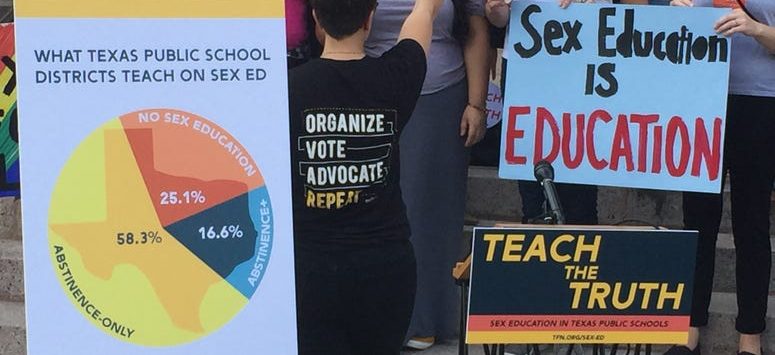The Role of the Organizer
The role of the organizer is central to how a grassroots organization functions and defines the relationship that members have to the group. John Dewey develops a model for thinking about organizations as publics that have recognized themselves as groups of individuals who come together over a shared interest. His theory provides a frame for how one might live democratically, and Ella Baker is able to put this into effect as an organizer who advocates for participatory democracy. Baker’s success reveals a shortcoming in Dewey’s theory, as he retains that there is a place for hierarchy within a democracy whereas Baker suggests that an organizer should reject hierarchical leadership in order to uplift the people.
In defining the role of an organizer, Baker rejects the notion of a charismatic leader (someone who leads in order to get power for themselves) and instead asserts that organizations should be made up of active members who represent themselves. Baker’s ideal vision of an organization is one that rejects bureaucracy functions within a participatory democracy as people gather under a united goal of social change. Participatory democracy is defined in Carol Mueller’s (2004) “Ella Baker and the Origins of ‘Participatory Democracy’” as one in which every member of a group is active and interested in bringing power back to the people (p. 80).
Both John Dewey and Ella Baker develop a model for social change based on the rejection of individualism and by defining the relationship between an organizer and the people whom they organize to affect change. Dewey establishes an ideal and provides a frame for how organizations can function as closely to his vision of democracy as possible. Baker exemplifies the kind of democratic lifestyle that he describes, and her use of participatory democracy in defining the ideal relationship between leaders and groups reveals that an organization can approach ideal democracy without Dewey’s notion of representative leaders (and thus a hierarchy in organizations). Baker’s emphasis on small organizations with active and closely connected members rejects individualism just as Dewey did, yet also rejects the hierarchy that Dewey maintains in his theory. By taking Dewey’s theory as the foundation for defining the role of an organizer within a democracy, and identifying Baker as an example of his theory being executed to allow an organizer to uplift the public, it can be deduced that reaching Dewey’s ideal democracy is a realistic goal even without maintaining a hierarchy in organizations. Therefore, the core of organizing falls in rejecting the notion that there is such thing as an isolated individual. While Dewey asserts that truly democratic social change can occur when leaders are engaged with their communities, Baker proves that in practice leaders work best if they act as assistants rather than guides to the people. If a leader can avoid the limelight and dismantle the hierarchy that Dewey retains, then they have enabled this group’s voices to be unequivocally heard and make them feel that they have organized themselves into the ideal participatory democracy.
